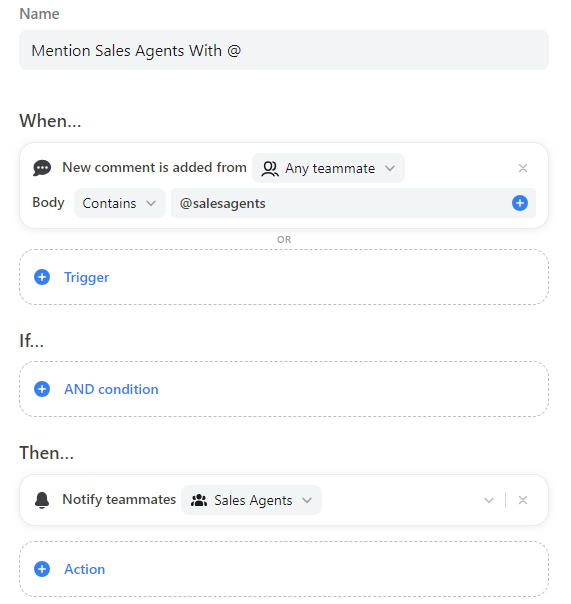We’re back with another exciting AMA, this time with Front’s Head of Customer Support,
But don’t just take my word for it — here are a few stats about our support team (which we also continuously update on our website):
- We’ve had a 97% CSAT rating over the last 3 months, but this stat has been consistent over time, with many 💯 CSAT months (we wrote all about it here)
- Our email response time is 2h 9m 18s
- Our live chat response time is 1m 28s
- We’ve won multiple industry awards for customer support including Nicereply’s Top 10 Highest CSAT Score Globally and a Stevie Award for Achievement in Customer Satisfaction and Customer Service Department
If you’re curious about how Front uses Front for support, you’ve come to the right place. Leave your questions below and Kenji will answer them on Tuesday, October 24, as well as any questions that come in after then. We’ve added some common questions we’ve gotten from customers below as well. We’re looking forward to chatting all about support with you! 🥳




